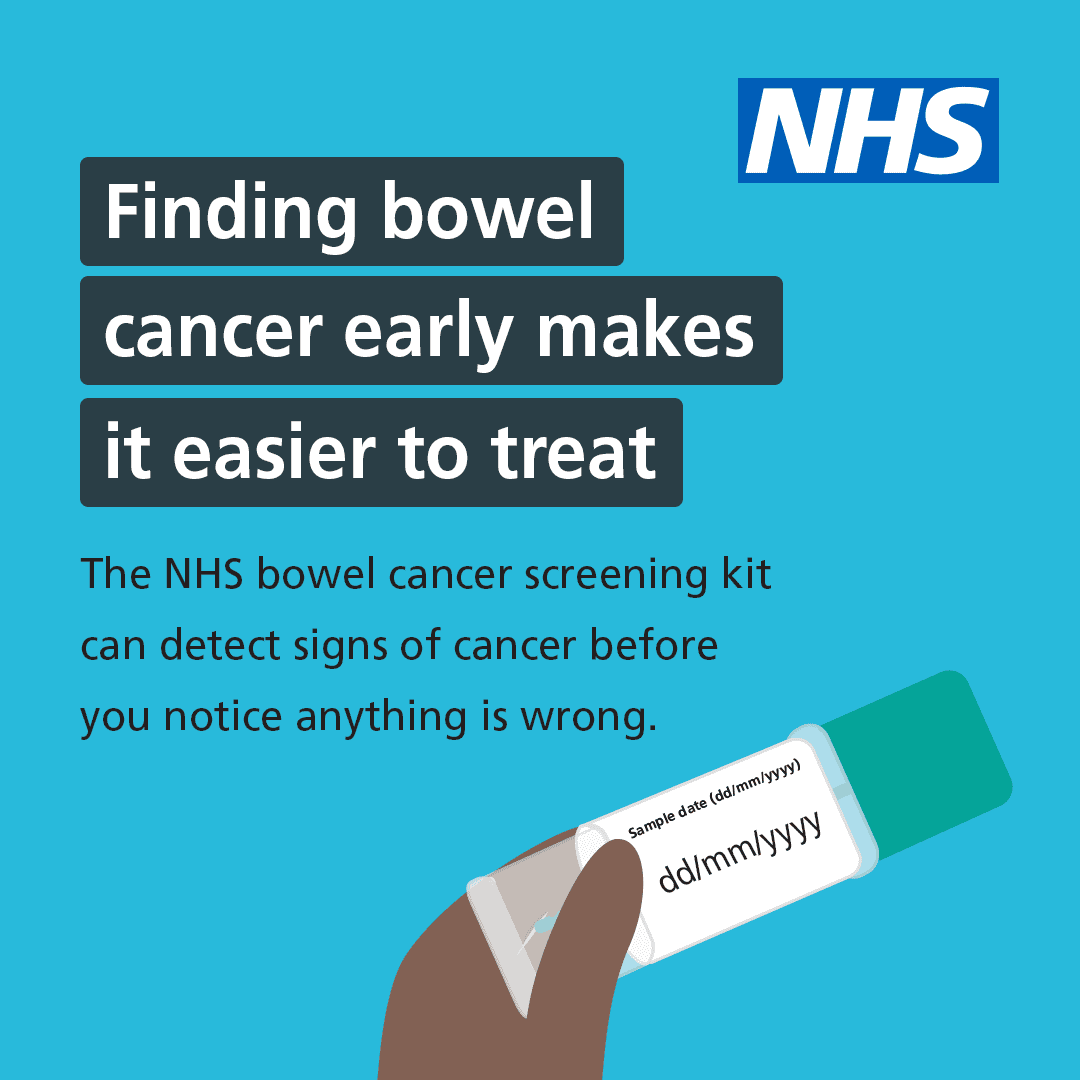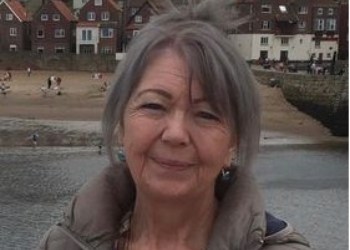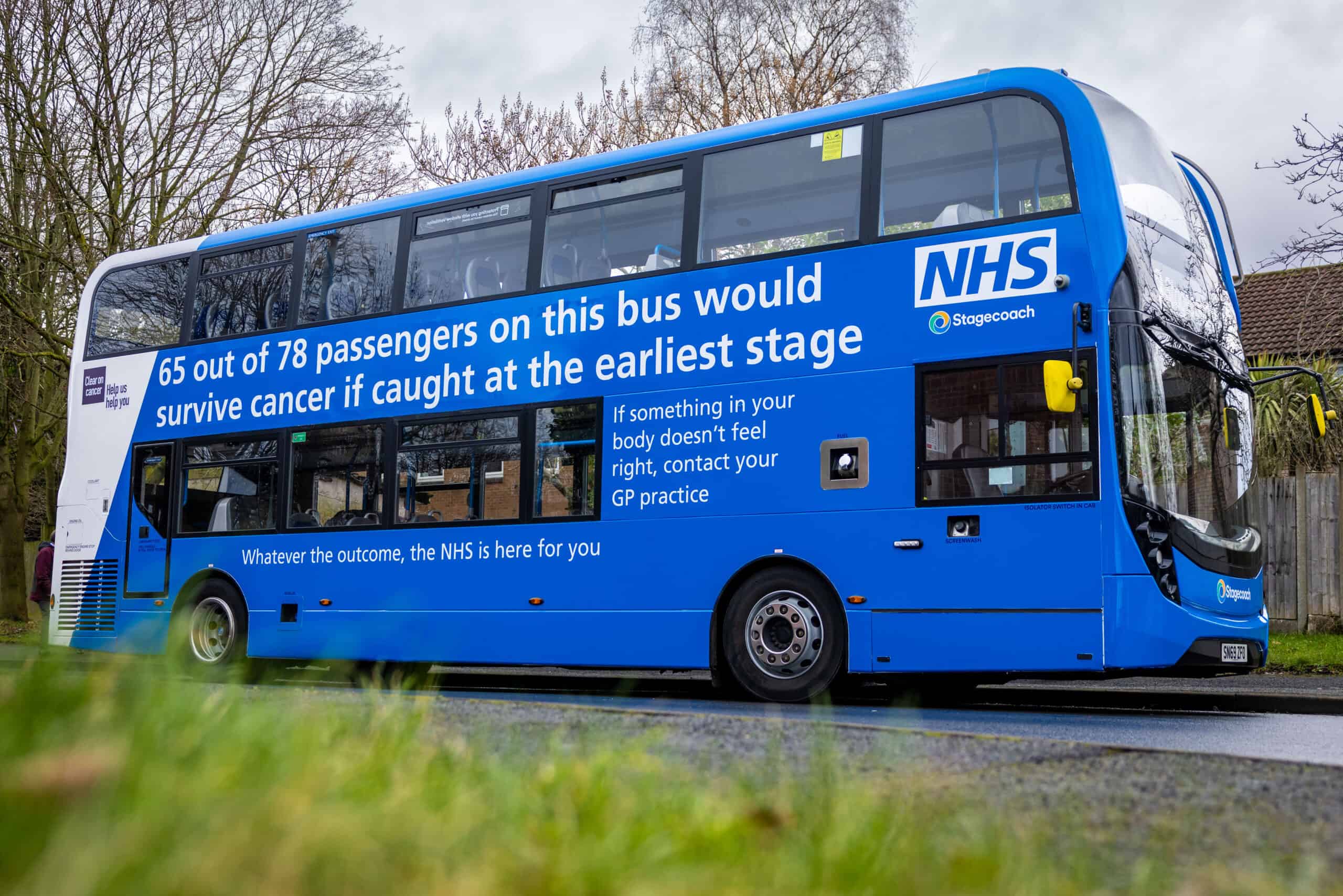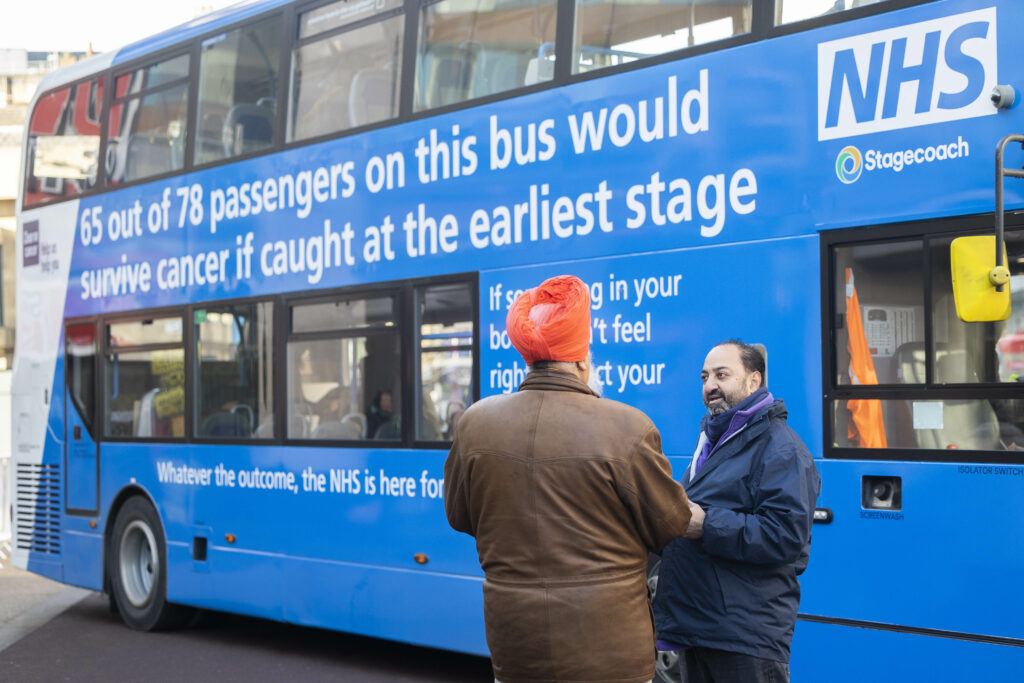
If you have an innovative project that promotes early cancer diagnosis, treatment, recovery and/or patient experience in the Humber and North Yorkshire area, the Cancer Alliance could help you with the funding.
The Cancer Alliance, in collaboration with Health Innovation Network Yorkshire & Humber and the Innovation Research and Improvement System, is proud to announce the launch of the Cancer Innovation Grants 2024/25.
“This is an excellent opportunity to develop our local culture of innovation through adopting and developing new ideas, which have a positive impact on patient experience and outcomes and the local cancer system,” said Kartikae Grover, Clinical Director, Humber and North Yorkshire Cancer Alliance.
The Cancer Innovation Grants form part of the Cancer Alliance’s aim to build a culture of cutting-edge cancer innovations, in line with the NHS Long Term Plan.
From small, grass-roots projects, to larger-scale innovation schemes, the Cancer Alliance is encouraging the development or adoption of innovative approaches to cancer that target local priorities for improvement, with a focus on (but not exclusive to) tumour sites with the highest volume of late stage diagnosis:
- Oesophageal
- Lung
- Pancreatic
- Colon
- Rectum
- Non-hodgkin’s lymphoma
- Prostate
Who can apply for a Cancer Innovation Grant?
The Cancer Alliance welcomes applications from:
- Primary and secondary care organisations
- Patients
- Voluntary, community and social enterprises (VCSEs)
- Wider system stakeholders – e.g. social care organisations
Collaboration is encouraged across organisations and sectors.
What kind of projects will the Cancer Alliance fund?
The Cancer Alliance is looking for newly identified innovations, as well as projects that adopt innovation ideas that have been proven a success elsewhere. Some examples include:
- Adopting technology or a workforce to implement or embed new ways of reducing demand on diagnostic services
- Developing patient education solutions, particularly those designed to address health inequalities
- Initiatives to support increase in uptake of cancer screening programmes, with a focus on specific groups where screening uptake is low
What kind of projects will not receive funding?
Cancer Innovation Grants will not be awarded to support current standards and processes in cancer care – e.g. posts and activities that are part of core services and staffing, such as clinical nurse specialists.
The Cancer Alliance is not able to fund research or projects that require capital funding.
Grants timeline:
- Applications Open – w/c 8 April 2024
- Applications Close – 5pm, 31 May 2024.
- Notification of Grant Award – 21 June 2024
What level of funding is available?
Individual grants will be funded to a maximum of £50,000 and applications to support community-based projects are also welcome at a minimum of £1,000.
How do I apply?
Find out more information on the Cancer Alliance website.
You can view and download the Cancer Innovation Grants Guidance and Application form or contact the Cancer Alliance Diagnostics and Innovation Team at [email protected].













